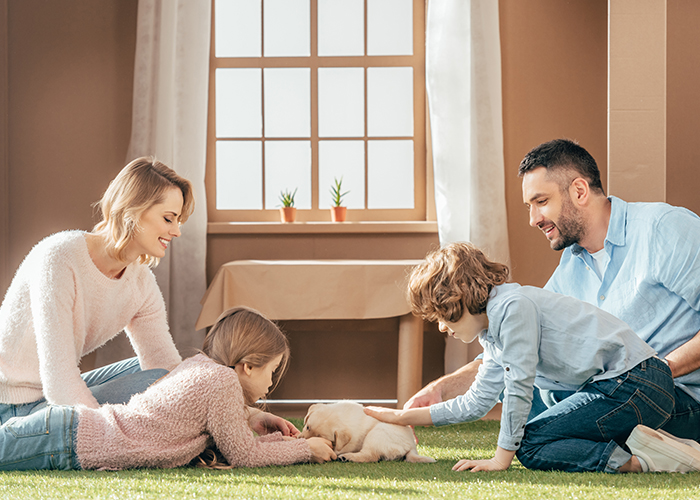Authored by: Justine Woods and Craig Turvey
Giving oral evidence at a court hearing for a family law dispute can make or break your case. Here are our top five tips to compellingly present your evidence while ...

Deciding who keeps the family dog when a relationship ends, can be an extremely sensitive issue. It is inconceivable to some that their ex-spouse will keep the beloved fur-baby after they separate. Many people will spend as much time and money arguing about the family pet as they do with parenting and property matters.
Unfortunately, if ownership of the family pet is a strongly contested issue, there are no easy answers.
While it may be unsettling for some people to think of the family pet as property, from a family law perspective, family pets, whether they be a dog, a cat, or any other animal, are treated in the same way as other property and chattels the parties owned during the relationship.
There is currently draft legislation which, if passed, will permit judges to make ownership orders for pets. Judges may consider factors such as which spouse primarily cared for the pet during the relationship and whether there were any acts of violence perpetrated against the animal.
However, in terms of the existing law, unless both parties agree to an arrangement for their dog, courts will not make orders about ongoing arrangements for pets and their care. This means that, if there is a dispute about who keeps the family dog, you cannot apply to a court and expect the judge to make orders about what is in its best interests in the same way that the judge can make parenting orders. Sometimes, parties will implement a roster and take turns caring for their dog; in the same way parents may have an arrangement detailing when their children will live with each of them.
Sometimes, the dog will travel between homes when the children do. This approach requires considerable co-operation between ex-spouses and can be fraught with problems. For example, what if one person wishes to move a long distance away? What if the dog gets very sick and a decision has to be made about expensive vet treatment? If co-operation and communication are difficult after separation, then an arrangement where parties are sharing the care of their dog may not be practical and may ultimately only lead to more conflict.
You should speak frankly with your ex-spouse about whether one of you will remain in the matrimonial home (where the dog is most familiar); or, if you have children, whether the dog should stay in the household where the children primarily reside. It can be very difficult to put aside your emotional connection to your beloved pup. However, you should focus on implementing an arrangement that is practical and will give your dog the highest quality of life.
This publication is for information only and is not legal advice. You should obtain advice that is specific to your circumstances and not rely on this publication as legal advice. If there are any issues you would like us to advise you on arising from this publication, please let us know.
Subscribe to our interest lists to receive legal alerts, articles, event invitations and offers.

Cooper Grace Ward acknowledges and pays respect to the past, present and future Traditional Custodians and Elders of this nation and the continuation of cultural, spiritual and educational practices of Aboriginal and Torres Strait Islander peoples.
Fast, accurate and flexible entities including companies, self-managed superannuation funds and trusts.